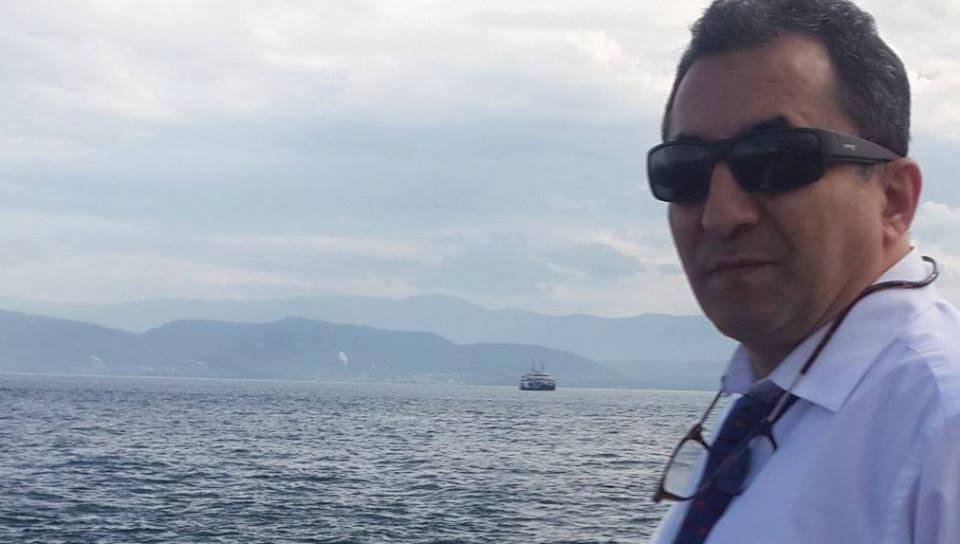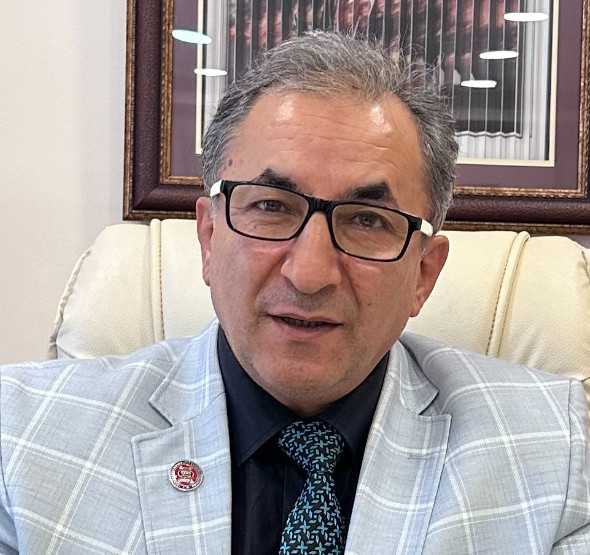The vast geography known to Türkiye due to the successful campaigns of the great warrior Mahmud of Ghazni, the architectural masterpieces of the Baburs, and the undiscovered frontier of the age of exploration is India. Its distinct culture, of course, piques our interest. In fact, its spiritual depth fascinates the capitalist West, which grapples with its own existential issues.
On a global scale, as it moves towards becoming one of the top three largest economies, India is making headlines with its achievements. Its rising competitive nature, CEOs in major global corporations, and space programs are leading the way in these successes.

During times of crisis, its introduced entitlement policies also come into focus due to their impact on global food prices. As a monsoon country capable of three harvests per year and one of the most significant agricultural economies, it seems compelled to do so to feed its population of over a billion. It also manages to stay in the spotlight with its role in international groupings.
But this country, which seems to be preoccupied with its own concerns, can also make headlines with its anti-Islam actions, even though it has the world's second-largest Muslim population...
The dominant actors are closely following India's tensions with Pakistan, its attempts to push water-rich Bangladesh into drought, its position on the brink of conflict with China, and its unresolved issues with Myanmar.
Currently, India appears to be one of the countries with the greatest economic potential, along with Türkiye, Indonesia, Nigeria, and Saudi Arabia in the world.
However, research shows that India can perceive almost all of its neighbors as threats. Hosting the only G20 summit that Chinese President Xi did not attend could be seen as evidence of this. However, the suspicion it feels from its surroundings is leading to increased defense spending, with a lion's share going to the army (55%). While trying to establish an effective navy and air force, it is struggling to support its position as a peninsula against its rivals.
This situation can be considered an obstacle to realizing its potential and also serves as leverage for their collaborations in distant geographies.
However, with these collaborative efforts, it seems that India's (referred to by its people as Bharat) geo-economic interests are conflicting and clashing with Türkiye. This became apparent with the visibility gained during the Karabakh War.
Zengezur: The Intersection of Geo-Economic Interests
India has the potential to open up to the world by sea, but it faces the cost and challenges of passing through certain straits. It wants to execute a land-based plan and create alternatives, but it's in conflict with its neighbors. As it seeks alternative routes, it encounters other equations, and the repercussions somehow touch upon Türkiye.
First and foremost is the International North South Transport Corridor (INSTC) project, which starts with Russia and Iran and extends further. Essentially, it connects India-Iran-Caspian Sea (Azerbaijan)-Russia-Europe. The project, also known as the Three Seas, combines the Indian Ocean, the Caspian, and the Baltic.
The corridor consists of 7,200 km, including maritime, rail, and land components. The route is estimated to reduce container freight costs by $2,500 per container, bypassing the Suez Canal. In its current state, it's 30% cheaper and 40% shorter.
As the project stakeholders expand, Türkiye has also become involved, along with countries that are members of the Turkic Council. Azerbaijan has initiated investments as well.
However, the Middle Corridor, which intersects with this plan and passes through Zengezur, is a source of concern for Iran, which is already squeezed and cannot find another healthy market exit.
Iran sees itself as fortunate in the equation due to the INSTC corridor, which offers it a way to reach warm seas through Russia. However, with its embargoed ports and the stance it has developed against Zengezur, it puts pressure on India by seeking support from Armenia.
It should be remembered that India had caused discomfort to Azerbaijan by selling arms to Armenia. Azerbaijani President Aliyev had found India's involvement in the Karabakh war, including pilot training, aircraft revisions, air-to-air and ground-to-ground systems, radars, and multiple rocket launchers, hostile.
In this context, India seems to be siding with the Iran-Armenia front, which also includes Türkiye. This is because the Middle Corridor brings China closer to the market.
Nevertheless, Türkiye will not leave the opening of Zengezur to the initiative of other actors, regardless of the situation. Greece sees this as an opportunity.
On the other hand, Greece, which senses both the position Türkiye and India have entered and the difficulties of INSTC, is approaching India for its own interests. After the BRICS summit in South Africa, Modi went to Athens and received a grand welcome. It was the first time in 40 years that an Indian Prime Minister had visited Greece. While the Greeks say they have elevated their relations to a strategic level, the Indians remained cautious. However, they pointed out that defense and security were at the top of the areas of cooperation. They also expressed their intention to start direct flights.
All of these developments are happening around a bigger development, the Indian-Arab-Mediterranean Trade Corridor, which was discussed at the G20 Leaders' Summit over the weekend.
This corridor connects India, the Emirates, Saudi Arabia, Israel, and Greece with railway investments along its route. The Emirates is approaching Dubai as a global capital, while Saudi Arabia can fill the empty parts of its geography with the project. Israel increases the importance of the Haifa port (operated by Indians) in the Mediterranean, while Greece positions itself as the gateway to the European market.
Cost-efficiency similar to the INSTC is calculated for the project, and it appears to be politically less problematic than the INSTC. However, India shifting its focus from the INSTC to elsewhere makes Iran uneasy and causes aggression in Zengezur. Egypt, on the other hand, does not want to experience cost losses with alternatives to the Suez Canal. Thus, India seems to be diving into the warm waters of the Eastern Mediterranean.
For now, this corridor bypasses Türkiye, but Türkiye will undoubtedly become a stakeholder as it develops. Because India is unlikely to reduce its chances of success by pursuing projects without Türkiye while developing projects centered around China and Western Türkiye.
Both roads and balances are being reshaped and are likely to stay that way for a long time. Therefore, corridor projects are currently the most important issue. Türkiye will remain a presence in every east-west and north-south route equation, increasing its production capacity.




